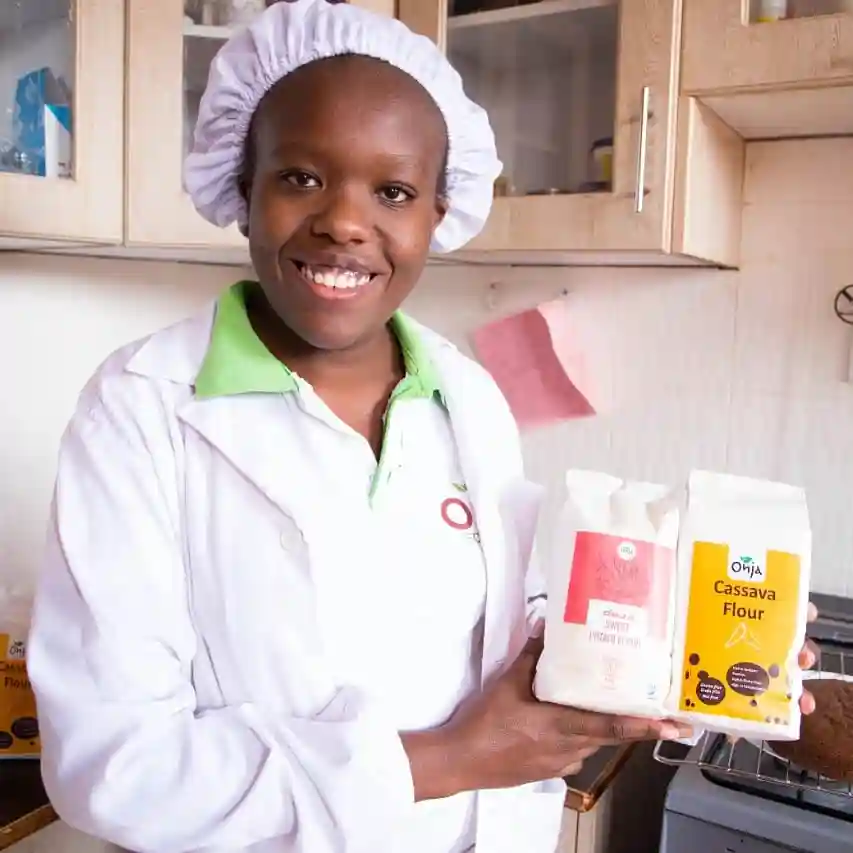
Celiac.com 10/03/2023 - There's a quiet gluten-free revolution taking place in a number of African countries. Previously, we did a story on fonio, the gluten-free African supergrain, that could turn the world of gluten-free products on its head. Today's story is about Kenyan entrepreneur, Mary Karoki, the founder of Onja Foods in Kenya, has developed a unique gluten-free flour called Uji. This flour is a mixture of amaranth, pearl millet, sweet potatoes, and rice. Karoki shares gluten-free recipes through her YouTube channel and advocates for a gluten-free lifestyle.
Onja Foods, an agri-processing food business, sources raw materials from smallholder farmers in Kenya and processes them into gluten-free products like cassava flour, sweet potato, chickpea, and composite flours. They also sell freshly baked wheat-free pastries.
Celiac.com Sponsor (A12):
Karoki's journey into gluten-free foods started when she was running a cleaning business in 2018 and noticed a customer with an autistic son who needed gluten-free products for health reasons. She began researching cassava flour and enrolled at the Kenya Industrial Research and Development Institute (KIRDI) to learn more about gluten-free flour production.
The demand for gluten-free products has been growing due to concerns about gluten-related allergies, celiac disease, and autoimmune disorders. Gluten is a protein found in wheat, barley, rye, and triticale, and its consumption can lead to health issues, especially for those with celiac disease.
People like Faith Gakii have embraced gluten-free diets to improve their health. Gakii, who experienced weight gain, bloating, and inflammation from consuming gluten, found Onja Foods' products, including Uji Mix, helpful in making gluten-free pancakes and waffles.
According to nutritionist Henry Ng'ethe, gluten-free diets can be recommended for autistic patients as dietary therapy, as eliminating gluten from their diet has been shown to help improve behavior.
Onja Foods caters to over 100 clients monthly and has its products available in select Nairobi stores and exhibitions. The company not only provides gluten-free products but also shares recipes and offers customized baking classes to help consumers transition into a gluten-free lifestyle.
The increasing demand for locally produced alternative food solutions reflects consumers' growing health consciousness and mindfulness about their diets. Karoki believes that adopting alternative food consumption is essential for addressing food security issues in Africa, as it can motivate smallholder farmers to cultivate such crops.
Read more at: howwemadeitinafrica.com


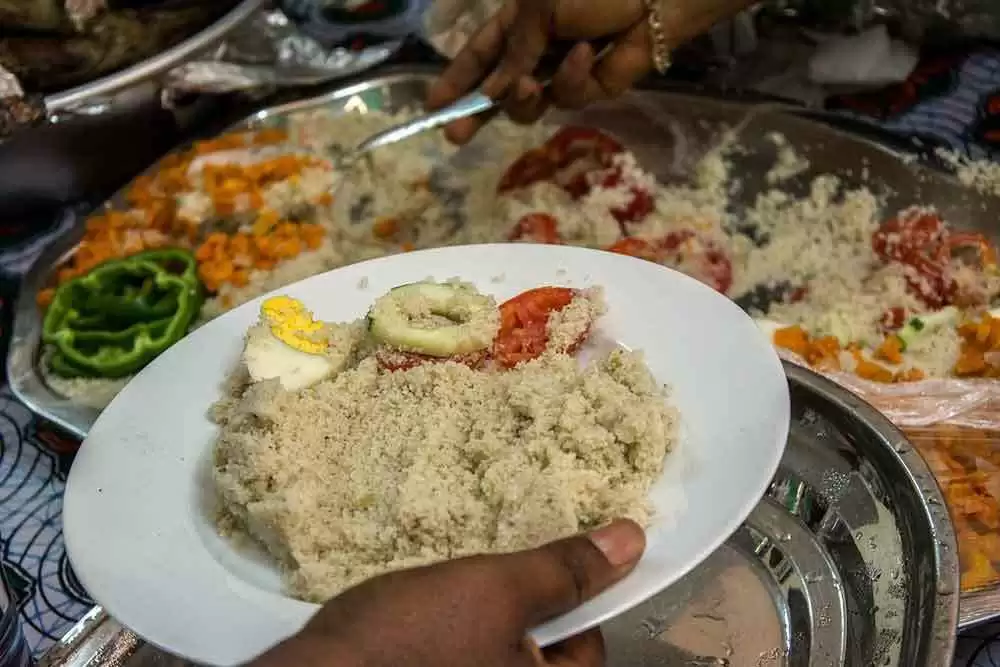
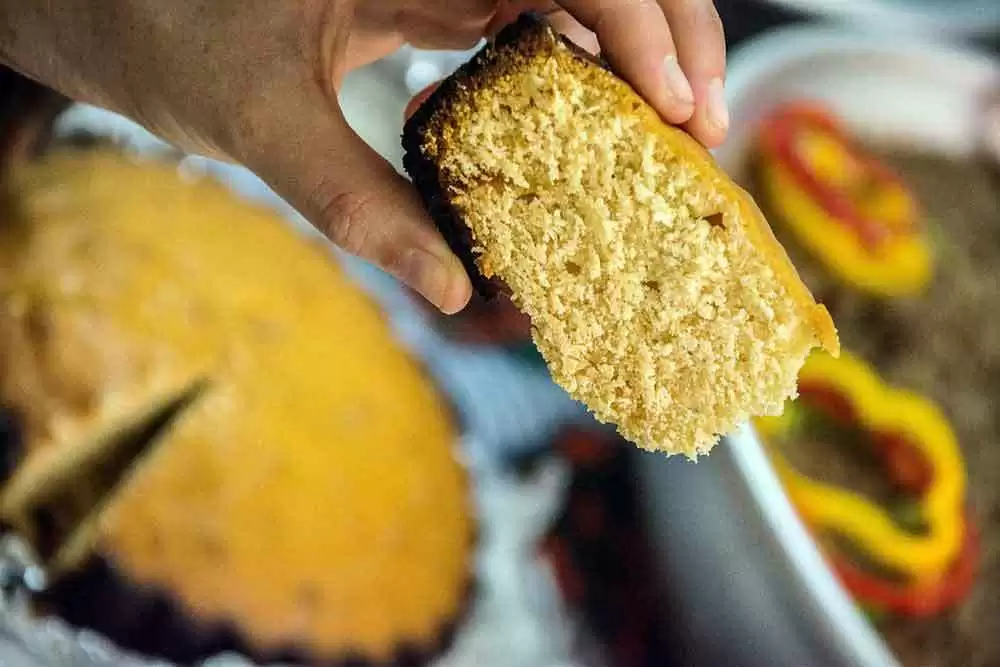

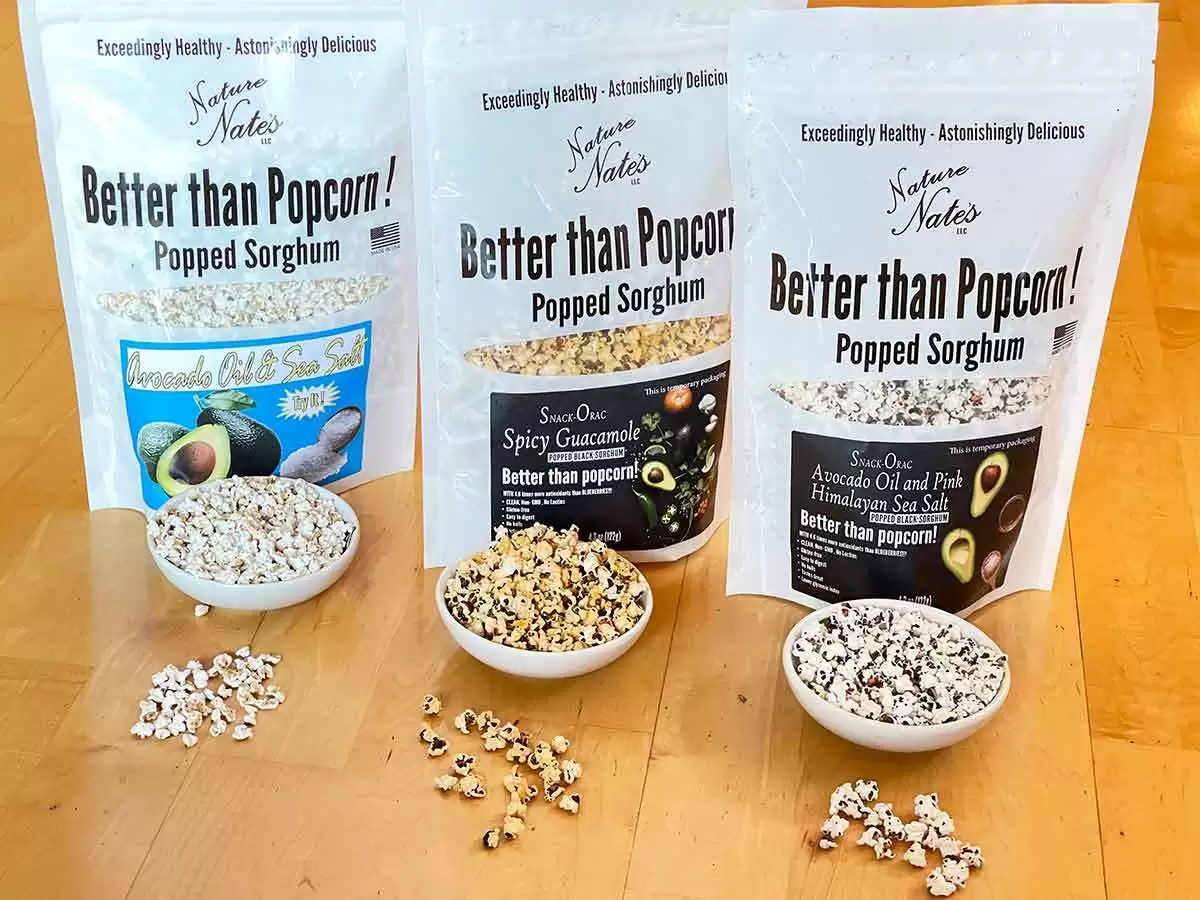
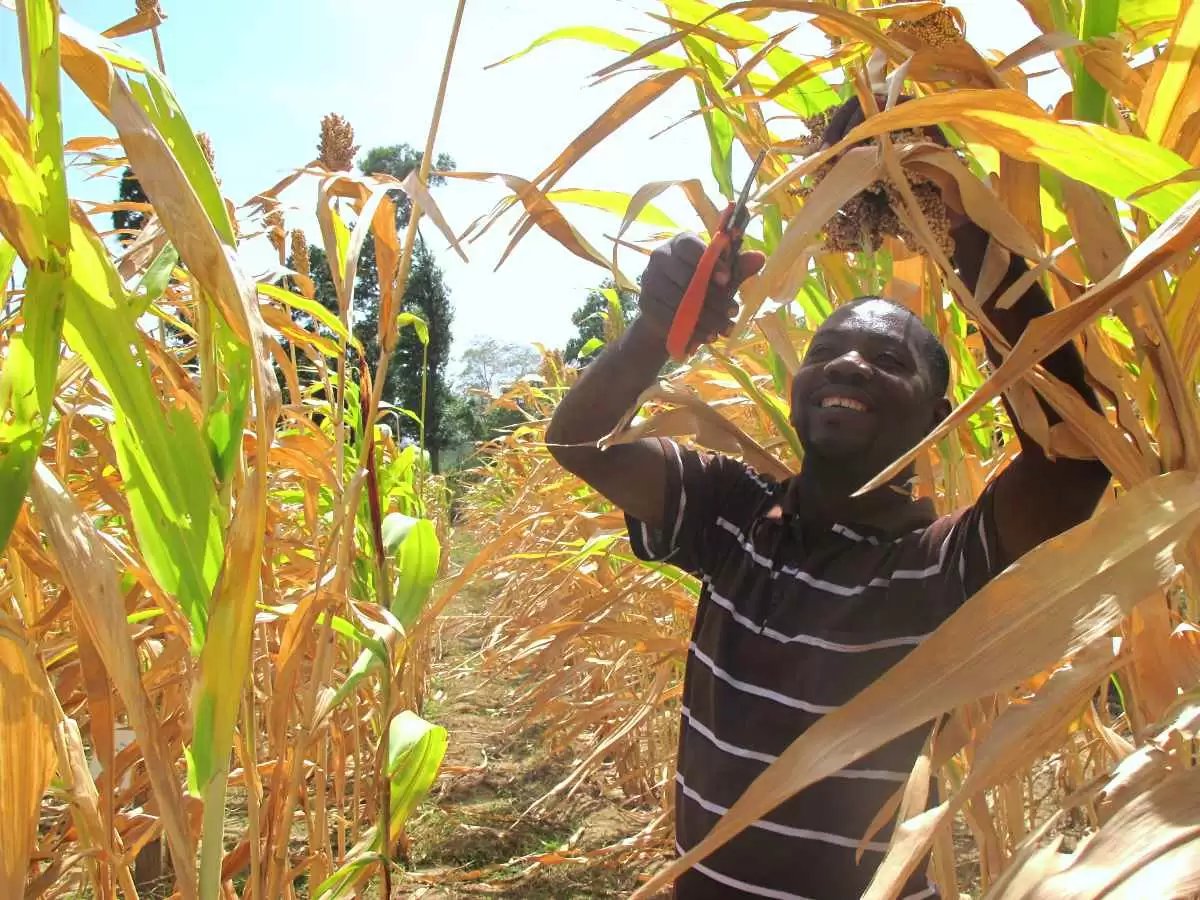

Recommended Comments
There are no comments to display.
Create an account or sign in to comment
You need to be a member in order to leave a comment
Create an account
Sign up for a new account in our community. It's easy!
Register a new accountSign in
Already have an account? Sign in here.
Sign In Now